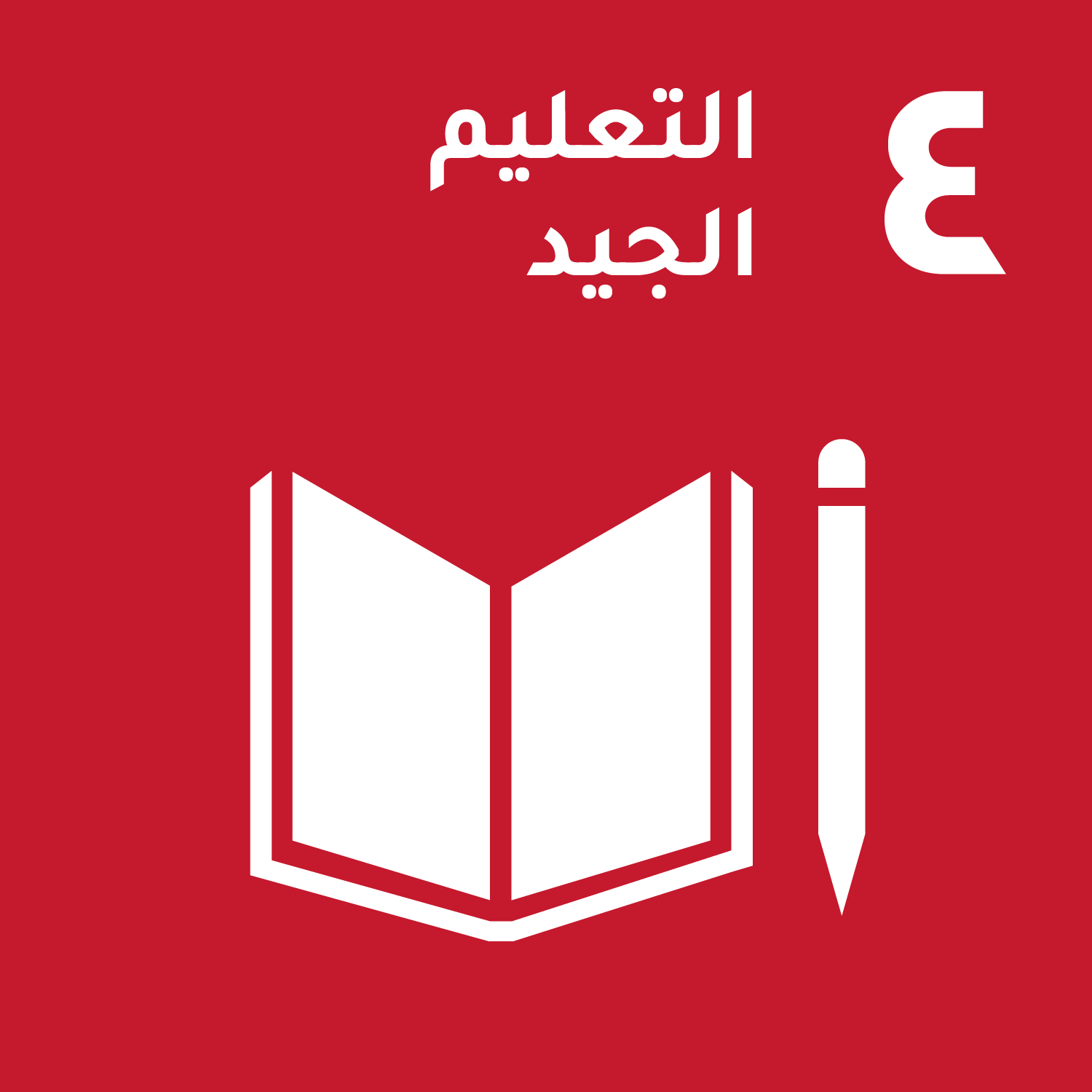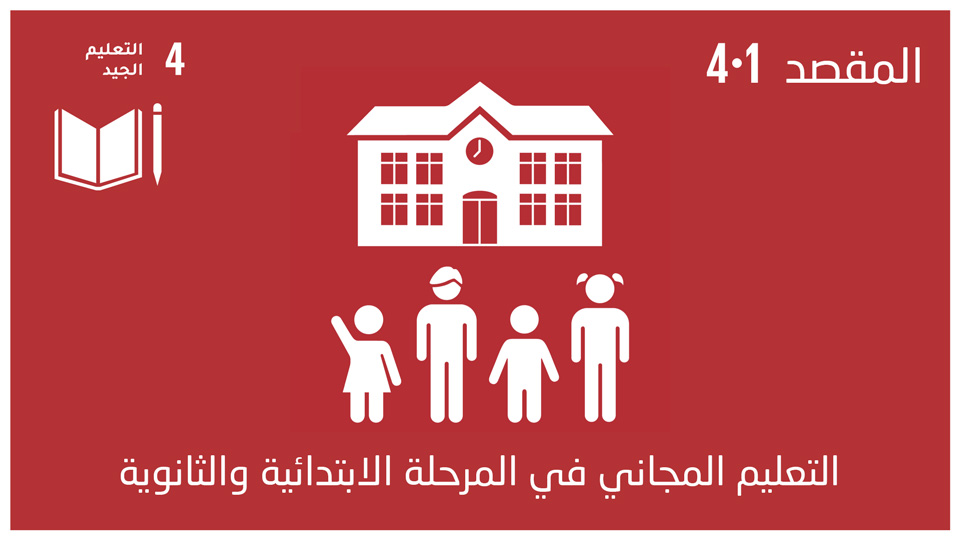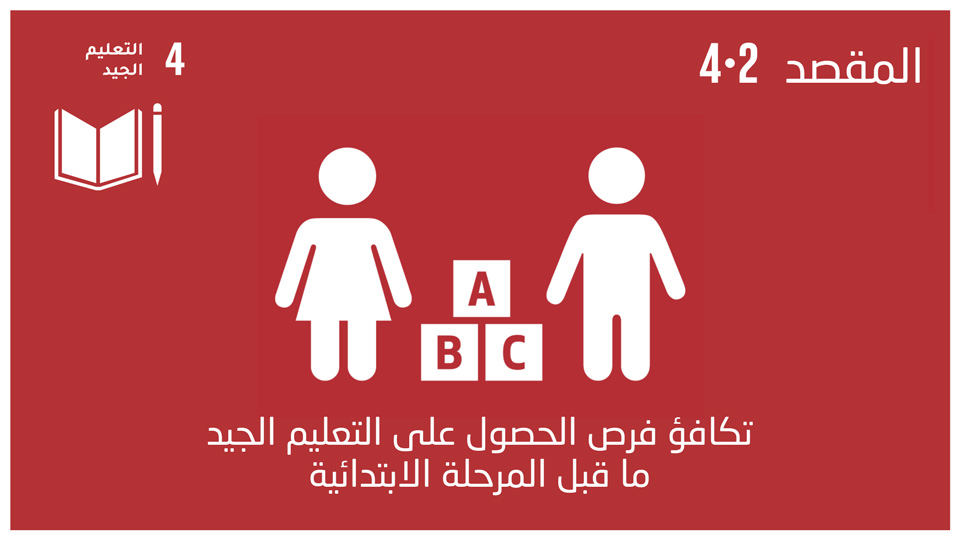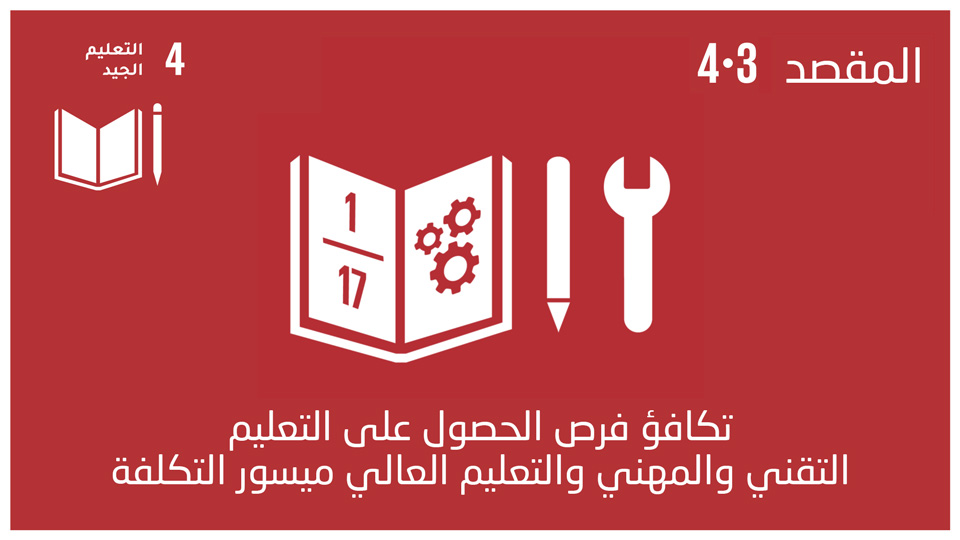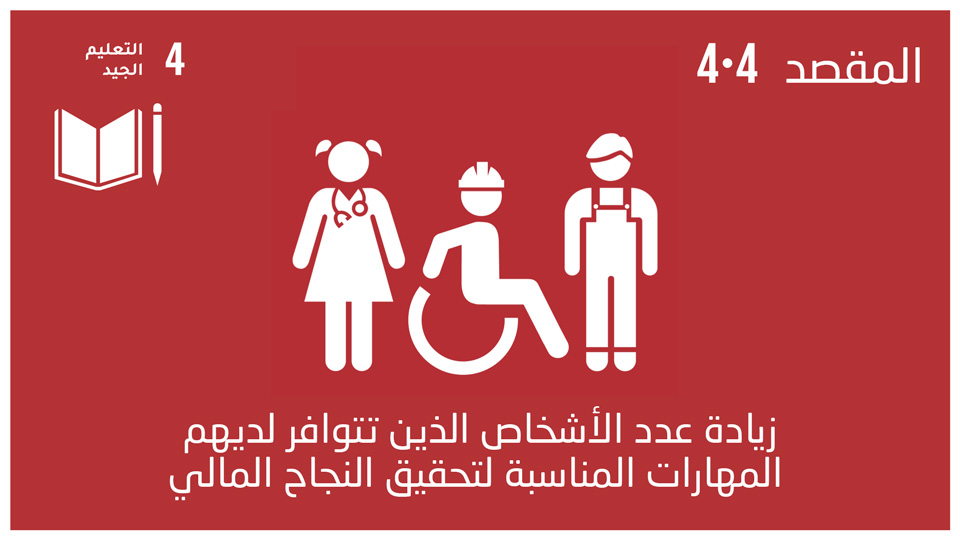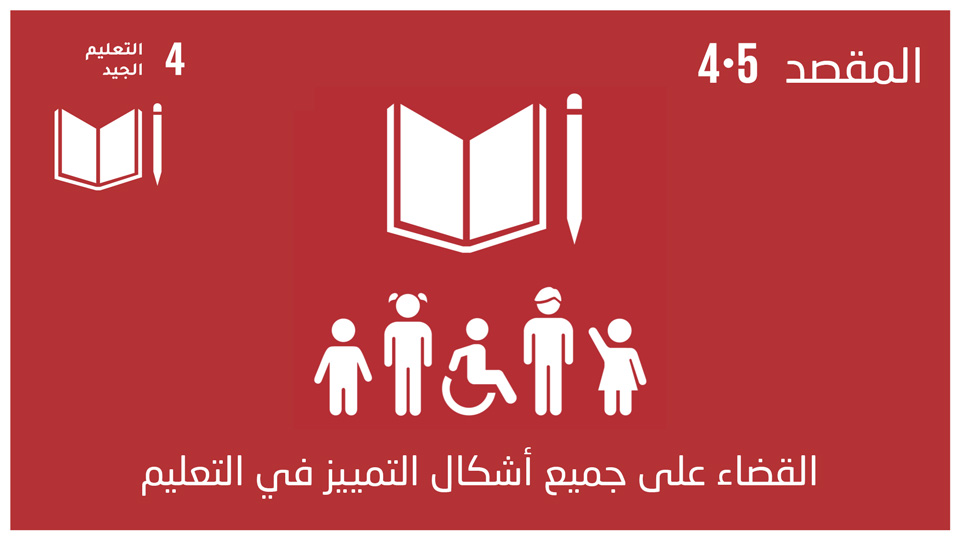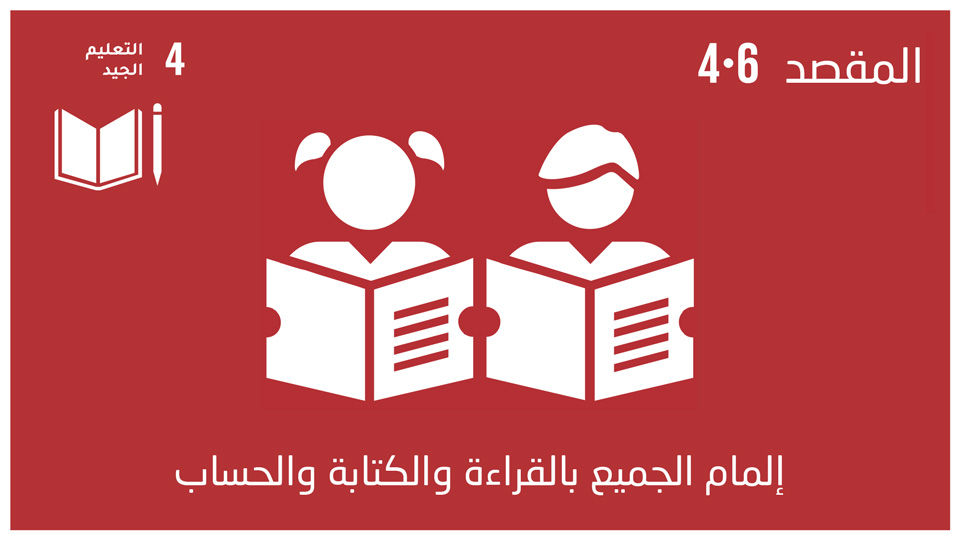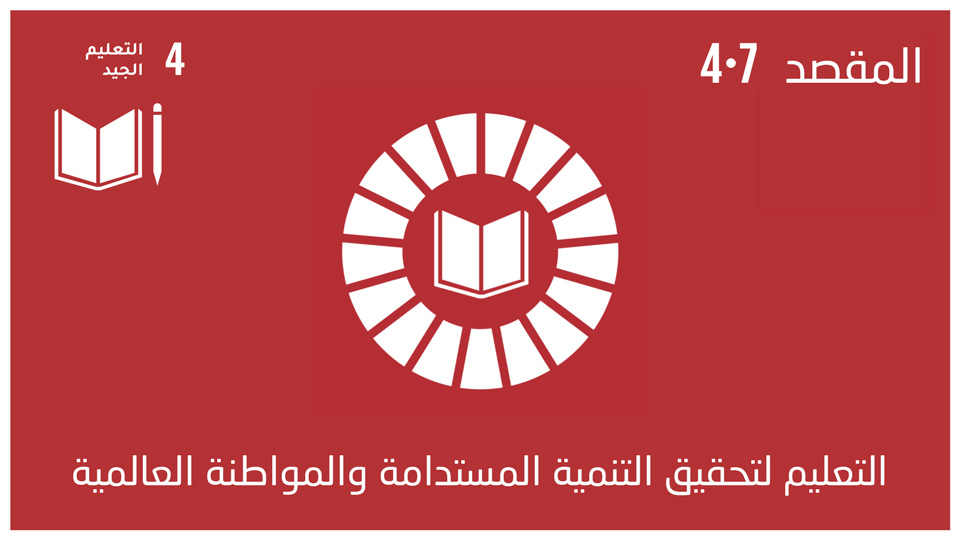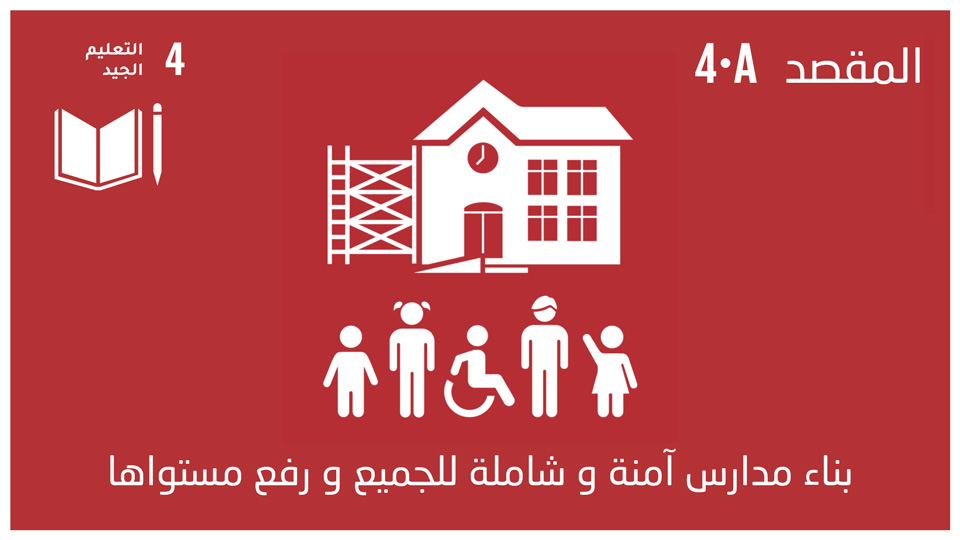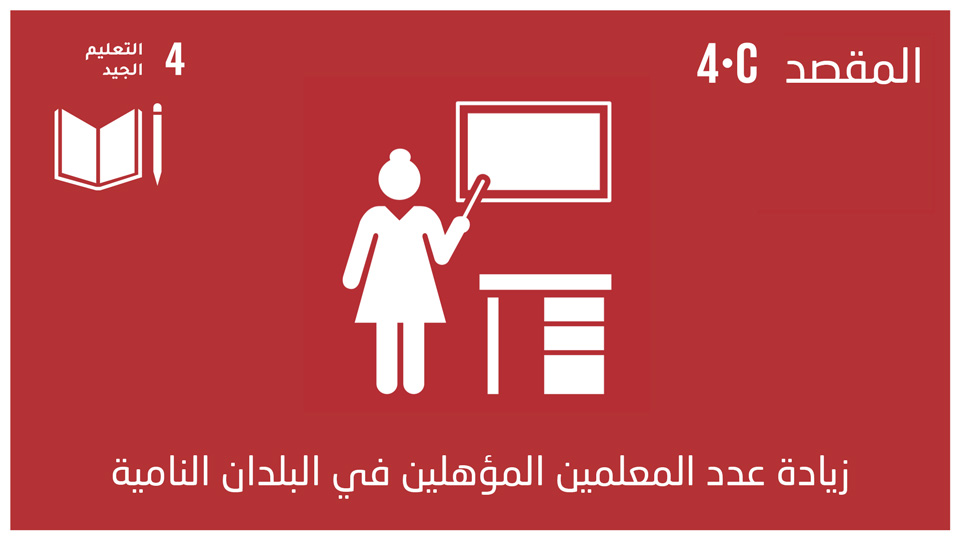Egypt is one of the countries where the phenomenon of street children has spread most. It is a phenomenon that is clearly widespread in all societies. – Simple goods, such as street vendors in poor neighborhoods and cities, expose them to many risks, including the spread of contagious diseases such as scabies, drug addiction in all its forms, exposure to torture, and exploitation for serious criminal acts.. What prompted us to try to reduce this phenomenon by modifying the behaviors of these children and reintegrating them into the family and for education.
The project is a A school that educates children in difficult circumstances, modifying their behaviors and providing them with the opportunity to return to education and school by implementing educational activities based on special, non-traditional curricula based on behavioral and life skills
The school that is friendly to children in difficult circumstances operates on a one-class system in terms of multiple levels, but it differs from the rest of the other schools in that this type of school is shared (boys - girls) and is made up of working children, beggars, street children, or school dropouts, and is taught by one teacher and one specialist of both genders
- Active learning strategies are also used in education, such as (peer learning - role-playing - storytelling - brainstorming - dialogue and discussion - educational kit - problem solving) - The materials taught in these schools are models that aim to modify behavior and teach the principles of reading, arithmetic, and some crafts that help them live, and the student studies in them for a period of time. 3 years. Each year, a placement test is conducted, and based on the result, the committee’s report, and the conditions and age standards, these children are reintegrated into education, whether general, one-semester, or literacy classes.
The direct target group of the project
Children at risk, whether they are street children who take shelter on the street and do not have families to embrace them - children working in workshops or quarries, which means owners of marginal businesses, street vendors, and beggars who have families - and children who have dropped out of education and are not enrolled in government schools due to lack of desire for education or due to poverty. And needy and suffering from social problems.
The indirect target group of the project
Owners of workshops and places where children work, whether carpentry, blacksmithing, electricity, mechanics, plumbing...etc.
Social care institutions to shelter children whose social circumstances prevent them from continuing to live with their natural families.
All members of the community, represented by members of the Community Participation Committee.
